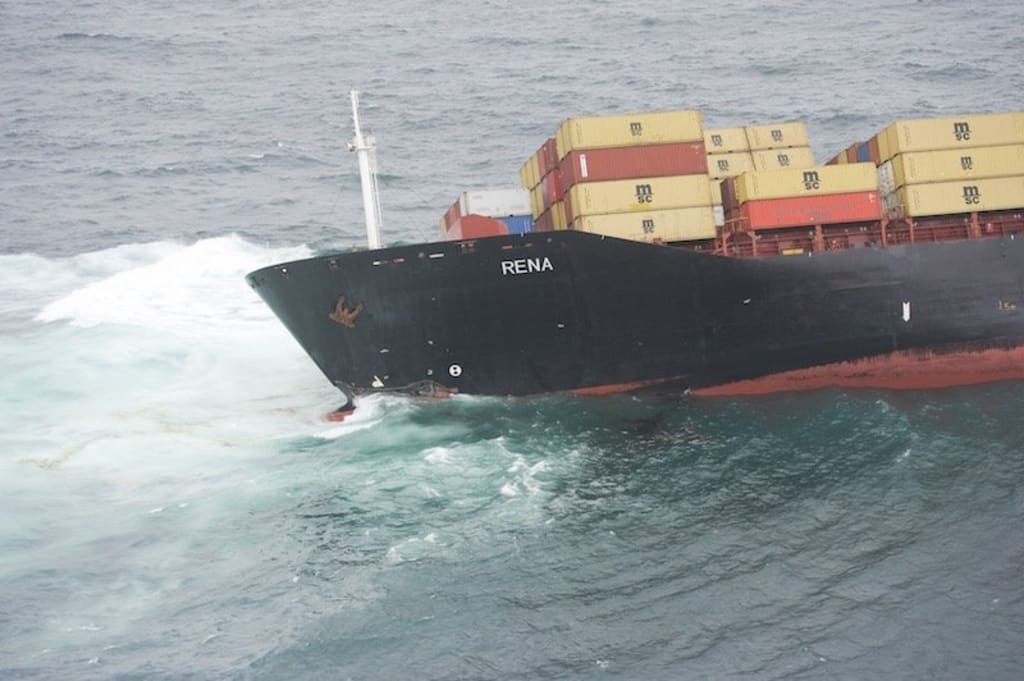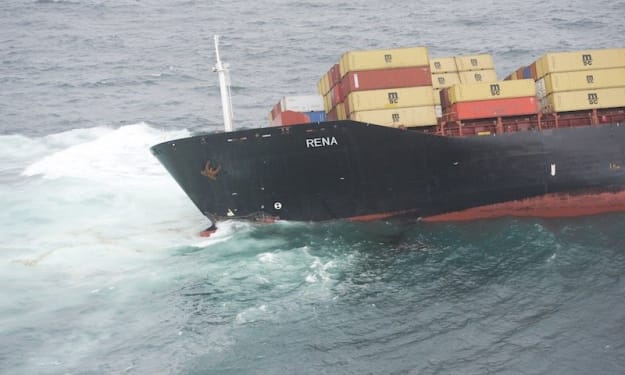What is Marine Cargo insurance
Here are several types of Marine Cargo insurance Policies

What is Marine Cargo insurance?
Marine cargo insurance is a type of insurance that provides coverage for goods or cargo while they are being transported by various modes of transportation, such as ships, airplanes, trucks, or trains. It is designed to protect the cargo owner or shipper from financial losses due to damage, loss, or theft of the goods during transit.
Marine cargo insurance typically covers the following:
Physical Damage: It provides coverage for physical loss or damage to the cargo caused by perils such as fire, explosion, sinking, collision, overturning, theft, or natural disasters like storms, earthquakes, or floods. The coverage may apply from the time the goods leave the origin until they reach the destination.
General Average: In the event of a general average situation, where sacrifices or expenses are incurred to safeguard the vessel and cargo, marine cargo insurance can cover the cargo owner's proportionate share of the general average contribution. General average refers to the principle where all parties involved in a maritime venture proportionately share the losses incurred for the common good.
War and Strikes: Some marine cargo insurance policies may include coverage for losses resulting from war, acts of terrorism, or strikes that may occur during transit. This coverage is particularly relevant for goods transported through high-risk areas or during politically unstable periods.
Delayed Delivery: Certain marine cargo insurance policies may offer coverage for financial losses incurred due to delayed delivery of the cargo beyond the agreed-upon time frame. This coverage may compensate the cargo owner for additional expenses or losses suffered due to the delay.
Marine cargo insurance can be tailored to suit the specific needs of the cargo owner or shipper. It is typically obtained for individual shipments or can be obtained as an annual policy for businesses involved in frequent shipping activities.
The cost of marine cargo insurance premiums is usually based on factors such as the type of goods being shipped, the mode of transportation, the route, the value of the cargo, and the level of coverage required.
Having marine cargo insurance provides peace of mind to cargo owners and shippers, ensuring that their goods are protected against unforeseen risks during transportation and minimizing financial losses that may arise from potential incidents or accidents.
Types of Marine Cargo InsuranceThere are different types of marine cargo insurance policies available to cater to various needs and specific situations. Here are some common types:
Institute Cargo Clauses (ICC) A: ICC A is the most comprehensive and all-risk type of marine cargo insurance. It provides coverage for physical loss or damage to the insured cargo, subject to certain exclusions mentioned in the policy. It offers broad protection and is commonly used for high-value or sensitive cargo.
Institute Cargo Clauses (ICC) B: ICC B is a named perils policy that covers specific risks or perils mentioned in the policy. It provides coverage for a narrower range of perils compared to ICC A. Common perils covered include fire, explosion, sinking, collision, and overturning.
Institute Cargo Clauses (ICC) C: ICC C is a more limited form of marine cargo insurance that typically covers a specific list of perils, such as fire, explosion, and sinking. It offers basic coverage and is commonly used for lower-value or less vulnerable cargo.
Free of Particular Average (FPA): FPA is a type of marine cargo insurance that covers losses only in cases of significant damage or total loss of the insured cargo. It excludes coverage for partial losses or damages that do not meet a specific threshold.
With Average (WA): WA insurance provides coverage for partial losses or damages to the insured cargo. Unlike FPA, it includes coverage for partial losses that fall below a specific threshold. WA coverage is more comprehensive than FPA but less extensive than all-risk coverage.
Open Cargo Policy: An open cargo policy is an annual marine cargo insurance policy that provides coverage for multiple shipments over a specified period. It offers convenience for businesses involved in frequent shipping activities, as it eliminates the need to obtain separate policies for each shipment.
Specific Voyage Policy: A specific voyage policy is obtained for a single shipment or a specific voyage. It provides coverage for the cargo during the specified journey, usually from the origin to the destination.
It's important to note that the specific terms, conditions, and coverage options may vary among insurance providers and policies. Cargo owners or shippers should carefully review the policy documents, discuss their needs with insurance professionals, and choose the type of marine cargo insurance that best suits their requirements.
About the Creator
Jayant Upadhyay
Jayant is a content marketer and leading strategist. He has 12 years of experience in content and digital business. When he is not writing, he is gardening, listening to songs and reading novels. He is working with BimaKavach






Comments
There are no comments for this story
Be the first to respond and start the conversation.